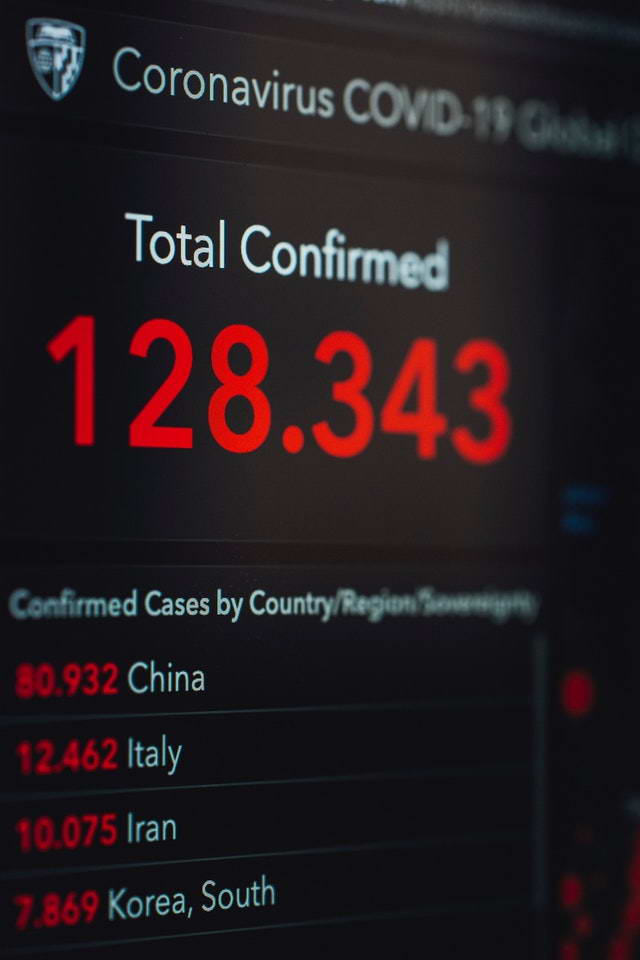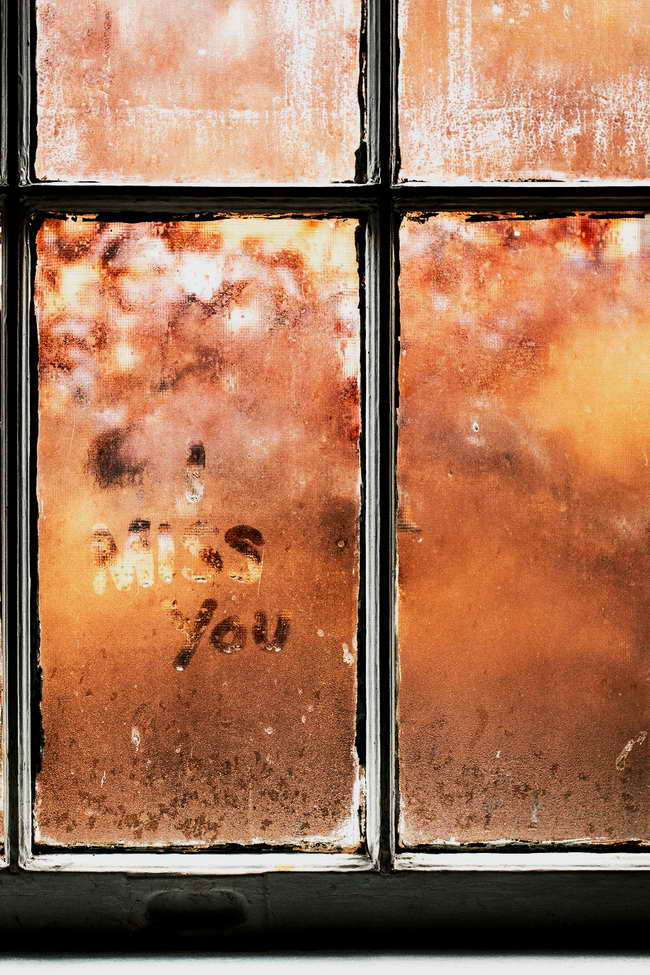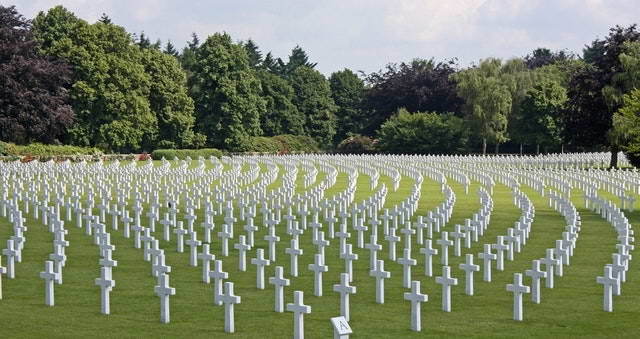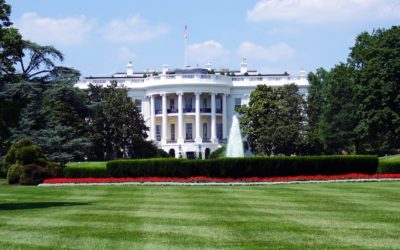The Covid-19 Pandemic has Led to Many Untrue Ideas
It is hard to believe that this far into a global pandemic, this discussion is still happening in a well-educated nation like Canada. The thing about science is that it takes more than a feeling or a wish for something to be true. In any scientific question, there will likely be a contrary, minority opinion. They may, in the end, prove to be correct, but it takes rigorous scientific study to overturn prevailing opinion. In today’s Covid-19 related debates, people who take up “contrary” positions are often citing minority opinion and in some cases flat out lying about scientific findings either through ignorance or willfulness. More often than not, this is done because the answers that science has provided up to that point have not been the ones they want. Which leads us to these five false ideas about the Covid-19 Pandemic
#1: The Covid-19 Pandemic is a Hoax.
Generally, this idea comes from people who are distrustful of the government. Because of the medical community’s recommendations on how to combat the spread of the virus, they believe that they see evidence of governments, here and abroad, trying to “control” their populations by training citizens to accept less freedom and more government intrusion. This is being done under the cover of a fake virus story. This creates an environment where people are willing to give up their freedom in order to feel safe.
This belief assumes a level of coordination between governments around the world, and at all levels of those governments. In order for this to work, there would have to be a secret group that is coordinating this hoax worldwide. This group would also have to have the ability to get hundreds of thousands of local government entities to play along with larger regional governments in an effort to enslave citizens around the world. This group would have to include nearly every influential government leader, minister, and advisor along with a significant portion of their staff in order to pull off. And then it would have to be done to perfection with no dissenters or leakers.
Ask yourself which seems more likely: that world, national, and local leaders are conspiring world-wide in order to enslave you, or that a virus was able to take hold in a human with no immunity to it and spread around a world that is globally connected? One reality is based on a level of coordination and cooperation never before seen on the world stage. The other reality is based on how viruses work. Occam’s Razor should apply here.
#2: Sickness is Not Common During the Covid-19 Pandemic.
As of mid-October, 2020 over 8 million tests have been conducted in Canada, on a population of close to 38 Million people. About 2% of those tested come back positive, which amounts to around 180,000 people so far. But this number hides a significant truth. No other air and surface-borne viruses have had as many public mitigation strategies thrown at it. No other virus has produced social distancing, economic lockdown, or mask-wearing laws on this scale. These efforts have effectively slowed the transmission rates, making it less likely for any one individual to catch it at any point in time. That the virus is active and contagious is evident by the fact that even with so many of these measures in place, it is still spreading and climbing.
Statistical probability models are rooted in sound science and math. They have shown that without mitigating measures this virus would have spread through around 80% of the population in the first year. So far, about 1 in 10 people who contract the virus need to be hospitalized. If there were no mitigation strategies in place, and it was allowed to spread quickly, even a rural area with 100,000 people in it would find their medical services quickly overwhelmed. Say that just 4% of the population becomes infected at the same time. 4000 people sick means 400 people in the hospital.
If you live in a rural area, could your hospital handle another 400 people on top of their normal volume? Of those 400 people, statistically, around 85 will have to take up ICU beds. Can your local hospital handle another 85 people in their ICU on top of their normal volume? If this level of sickness held for even six months, what would your local hospital look like? What if you live in an urban area with lots of hospitals? Could Toronto handle an influx of 12,000 additional patients?
That’s what makes this virus different from other diseases. While the vast majority of people, by percentage, will have few symptoms, there is a significant number of real people that will develop severe symptoms. It does not take long, with this virus, until a hospital system is overwhelmed. Just 1% of a rural population being sick could trigger a health care calamity. More than that would literally be an unmitigated disaster.
Slowing that spread is what the mitigation strategies do. We were asked to flatten the curve at the outset. We were warned that a second wave could happen. They have given us the tools to keep our hospitals and economy open. Wear a mask when you have to but, more importantly, socially distance, including keeping to small groups, and practice good hygiene.
#3: Covid-19 Pandemic Mitigation Strategies Violate My Rights.
This one is included on the list of falsities simply because the answer is not black and white.
As written, your right to assemble, to move from province to province, and to leave the country, have most definitely been taken away. It is also written that the government can abridge your rights and freedoms if justified.
The Pandemic of 2020 is a challenge that the modern world has never before experienced. Since governments have a duty to protect their citizens, it will not be shocking to find that courts will, down the road, decide not to hold governments accountable. This is because the government’s intent was to protect its citizens in highly unusual circumstances. Courts will likely provide guidance in their opinions for future eventualities. However, until those court cases make it before a judge, any citizen who believes in the importance of following laws is stuck. A particular law may violate your rights, but until a court agrees with you, that law is legal and binding. You may break the law, but if the courts uphold it in the end, you are responsible for your actions. In essence, it is not an infringement of your rights until the courts say so.
Remember Ben Franklin’s (yes, this is supposed to be from a Canadian perspective, but Ben was cool) quote, “Those who would give up essential Liberty, to purchase a little temporary Safety, deserve neither Liberty nor Safety.” Well, it doesn’t mean what you think it does. When he wrote those famous words he was involved in a dispute between the government and citizens about paying, literally, for defense spending. In the context of the letter, he absolutely comes down in favor of the right of the government to act to protect its citizens. He would have formed those opinions based on his understanding of English Common Law, the basis for laws in Canada, too.
#4: Using Masks to Fight the Covid-19 Pandemic Doesn’t Make Any Difference.
Let’s be clear from the start. Masks do not help YOU. They HELP prevent YOU from infecting others. So much of what we read about masks not working starts by setting up a false argument. They were never billed as a prevention strategy. Any argument that starts with the idea that masks don’t work because they don’t protect you is setting up a false argument to begin with.
While the science is not yet definitive (as there have been no large peer-reviewed studies focused solely on Covid-19), there is plenty of other evidence that masks do, in fact, help prevent transmission of the virus. Here is a great article from UCSF, a leading medical research facility, talking about this very thing.
Simply put: The virus does travel in aerosol droplets from an infected person’s respiratory tract out into the air where they land on surfaces or even end up in someone else’s mucus membranes where the virus can then multiply. That is a fact. Decent masks reduce the number of droplets released into the air. That is also a fact. So, logically, fewer droplets should equal a smaller viral load. And since likeliness to get sick, as well as the severity of that sickness, is related to the viral load a person receives, it means masks make a positive difference to some unquantified extent.
This virus is able to infect people and not trigger symptoms. So wearing a mask is a precaution. You probably don’t have the virus, but you might and don’t know it. That alone makes it worth using. The other thing is, no one wants economic lockdowns. If people would get behind social distancing (which is one of the most effective prevention methods) and wear masks when they can’t, we would likely be able to avoid further lockdowns. Seems like wearing a mask is really a no-brainer.
Wearing a mask sucks. It will not keep you from getting sick, but wearing your mask may keep someone else from getting sick. Which means it’s the right thing to do.
#5: Hardly Anyone Gets Really Sick, and Hardly Anyone Dies During the Covid-19 Pandemic.
We are on pace to lose about 10,000 Canadians this year due to Covid-19. If that doesn’t seem so bad, let’s put that into a historical context. It is roughly half the yearly average of Canadian Deaths in World War I. It is on par with the average yearly deaths of Canadians in World War II. Were those losses insignificant? I dare you to go down to your local cenotaph on November 11 and loudly proclaim, “Oh, that’s all that died? That’s not very many. Why are you all not at work?” You can frame anything by the percentage of the population, but every time a person dies, they are not a percentage; they are someone that people loved, gone forever.
What about people who recover? Doctors around the world are noting that a significant amount of people are not fully recovering, but are experiencing significant lingering effects on their health, even months later. Studies are just being launched, but there is a greater than normal concern from some corners of the health profession that this virus does long-lasting damage. In one early study, nearly 80% of people sick enough to be hospitalized showed long-lasting and slow healing lung damage twelve weeks later. So let’s go back to the 4000 sick people again. If 400 of them end up in the hospital, then around 320 of them might still be on oxygen, and still have lung damage, for months after they are “well”. Again, this is not a “common cold” or “bad flu”.
Final Thoughts
Yes, our current Covid-19 World sucks in many ways. We can’t travel. We can’t see friends and family. We are suffering economically, some much more than others. But contrast that with sickness and death. Death in Canada is costly in economic, spiritual, and mental terms. It is also permanent. Sickness is costly in economic, and mental terms, and in this case, it may also be lingering. Sacrificing to protect others, for most of us, only causes a temporary, and (if you are being honest with yourself) minor inconvenience.
We are being asked to make sacrifices to protect our loved ones and our neighbors. Even though the Nazis never got within 2000 miles of the Canadian border during World War II, food was rationed. You could still eat at a restaurant, but the government passed a law that on a certain day of the week meat could not be served. The federal government set the prices for food items across the country (communism anyone?). Fuel was rationed, limiting economic activity and people’s right to move about freely. Civil liberties and the free market economy were suspended then, too.
Do people have to die from bullets and bombs while fighting a genocidal dictator in order for their lives to be deemed worth the cost, and worth sacrifice? In war, people have to die. It is war’s nature. But in peacetime, when we can still enjoy the vast majority of the blessings that living in Canada provides us, why can’t we just assume that giving some stuff up for a bit, in order to actually save lives, is simply the right thing to do?











Outstanding post.